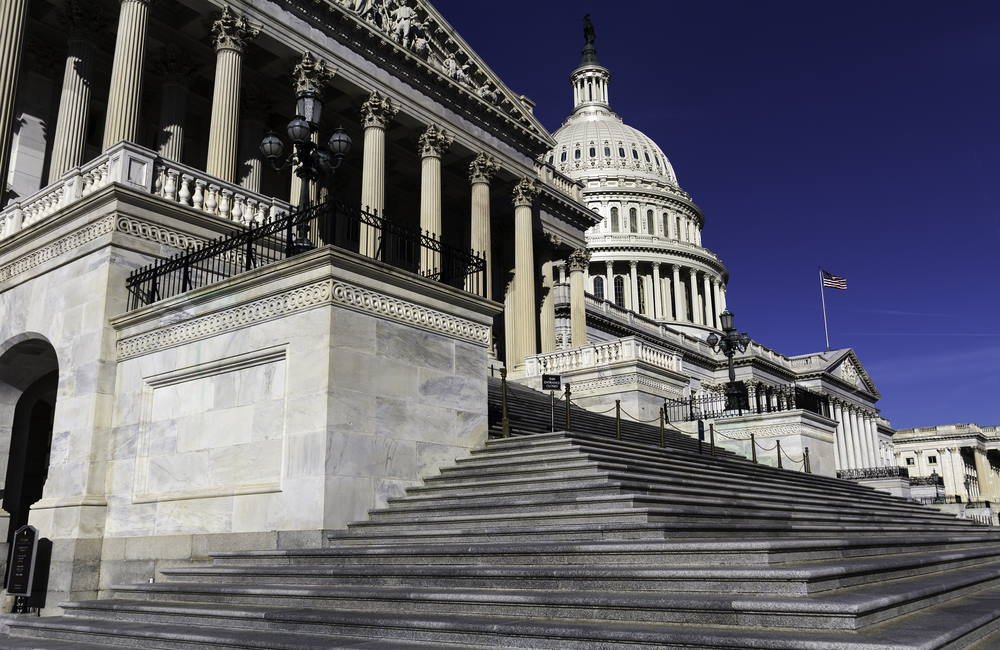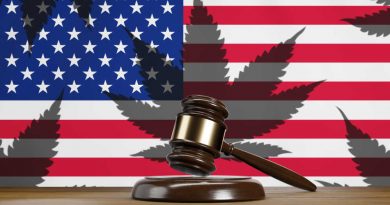Marijuana For Veterans: Vet Organizations Ask Congress For Cannabis Access and Research
Leaders from several veterans’ organizations recently told members of the U.S. Congress in testimony that lawmakers need to address outdated laws that block the use of marijuana for veterans who want to try cannabis-related medical treatment.
That includes the use of cannabis to treat Post-Traumatic Stress Disorder. They also asked for changes in laws that would allow more research into the potential uses of medical marijuana.
The leaders spoke before a joint session of the House and Senate Veterans Affairs committees.
In his testimony, Lindsay Church, executive director of Minority Veterans of America, said that “the epidemic of substance use disorder and other mental health crises among veterans” demonstrates the need for the government to expand the list of potential treatments beyond what is currently available.
For example, he said, “Research into cannabis demonstrates its effectiveness in treating PTSD and SUDs in veteran populations, although more research is needed, as well as reducing the use of opioids and opioid-related deaths.”
Medical Cannabis Growing In Popularity Among Veterans
Marijuana for veterans is an idea that has picked up steam in recent years, according to Jeremy Butler, CEO of Iraq and Afghanistan Veterans of America (IAVA). He also provided testimony to Congress.
He said that for years, IAVA members have spoken in support for research and legalization of medical cannabis. “Veterans consistently and passionately have communicated that cannabis offers effective help in tackling some of the most pressing injuries we face when returning from war,” he said.
He added that in a recent survey, more than 80% of IAVA members supported medical marijuana legalization.
“Across party lines, medicinal cannabis has been rapidly increasing in support,” Butler said. “Yet our national policies are outdated, research is lacking, and stigma persists.”
Federal Rules Block Medical Research
Butler also noted that the fact marijuana remains a Schedule I illegal drug at the federal level has slowed medical research. Currently, researchers must use what is considered inferior marijuana from a farm at the University of Mississippi, which contracts with the federal government to provide marijuana for research. That’s despite the fact that a third of the country now lives where recreational marijuana is legal.
He pointed out that a 2017 National Academy of Sciences study found “conclusive or substantial” evidence that cannabis is effective in treating chronic pain and sleep issues. “However, federal bureaucratic hurdles continue to halt the system and stymie good research. We will never get a definitive answer on the efficacy of cannabis as a treatment option while federal regulations that actively undermine solid research studies remain in place.”
Stephen Whitehead, national commander of Disabled American Veterans, also spoke before the committees. He, too, backed “research into the efficacy of cannabis for treatment of service-connected veterans.”
In his testimony, Butler noted that allowing marijuana for veterans could save taxpayers money and create jobs for veterans.
He said, “Over the past few years, IAVA members have set out to change the national conversation around cannabis and underscore the need for bipartisan, evidence-based, common-sense solutions that can bring relief to millions, save taxpayers billions and create thousands of jobs for veterans nationwide.”




